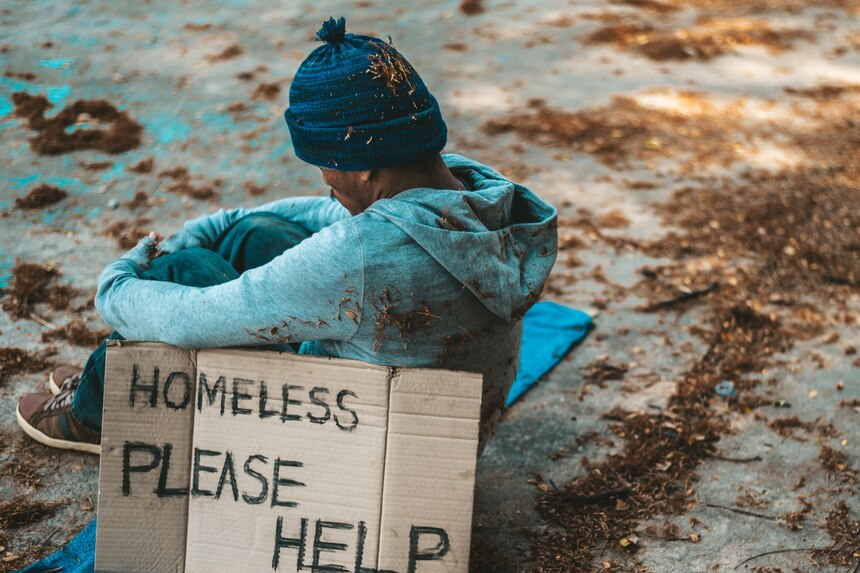A key union, along with faith leaders and charities, has warned that the UK refugee policy banning refugees who arrive on small boats from gaining UK citizenship could “breed division and distrust.” The program has been received with tremendous resistance from numerous areas of society, including Unison, the Church of England, and refugee organizations.
Why is this new policy under execution?
According to fresh rules published by the UK refugee policy, anyone entering the country illegally—whether by a tiny boat’s risky English Channel crossing or hidden in a car—will be denied citizenship. This policy reinforces already in place regulations that formerly needed refugees arriving via irregular routes to wait 10 years before being eligible for citizenship.
Among 147 signatories of a letter to the Home Secretary asking her to reevaluate the policy are Christina McAnea, General Secretary of Unison and nine Church of England bishops. The letter emphasizes the need of the government concentrating on making sure immigrants “are welcomed and integrated into British life.”
What Are the Concerns Raised by Critics?
Critics of the UK refugee program argue it could cause division and mistrust inside British society. The signatories in their letter emphasize in their citizenship not only a legal status but also “a tangible fulfilment of the promise of safety, dignity, and opportunity.” “When refugees become citizens,” the letter says, “they feel a greater sense of belonging as full members of their communities, with a stable future for themselves, their children, and generations to come.”
The letter also highlights the importance of creating integrated communities, especially in the aftermath of incidents like the riot at a Holiday Inn Express in Rotherham last August. It argues that part of the response to such violence “should be on creating integrated communities.”
Could this policy inflict social damage?
The signatories underline that calling refugees—many of whom have risked their life to find safety—second-class people will only widen social gaps. “Labeling refugees, who through no fault of their own have had to put their lives at risk on flimsy vessels, or have had to hide in the backs of lorries to reach safety on our shores, as a type of second-class individual will simply breed division and distrust,” the letter states.
This UK refugee policy is considered by some as generating a toxic political narrative that pits “us vs them,” something that could be exploited by far-right parties to sow hate and unrest. The signatories warn that such actions could lead to increased tensions and violence in British society.
What Are Charities and Faith Leaders Saying?
Apart from the support of Unison and Church of England bishops, the letter has been signed by important players in the refugee field, including Refugee Council and Refugee Action chief executives. Other signatories are faith groups including Islamic Relief UK and several rabbis from the Conference of Liberal Rabbis and Cantors.
One signatory said, “These refugees are often fleeing unimaginable horrors and are looking for a safe and secure life in our country.” Denying them citizenship merely increases their vulnerability and compromises our national ideals of justice and compassion.
What is the reaction of the government?
The Home Office has defended the new UK refugee policy, arguing that the measures only enhance existing restrictions regarding who can earn citizenship. A spokesperson for the department said, “There are longstanding rules that can prevent those arriving illegally from gaining citizenship. The government is strengthening these measures to make it clear that anyone who enters the UK illegally, including small boat arrivals, faces having a British citizenship application refused.”
The spokesperson stated that the new regulation is meant to address issues regarding unlawful immigration and will apply to everyone applying for citizenship after February 10, regardless of when they entered the UK.








